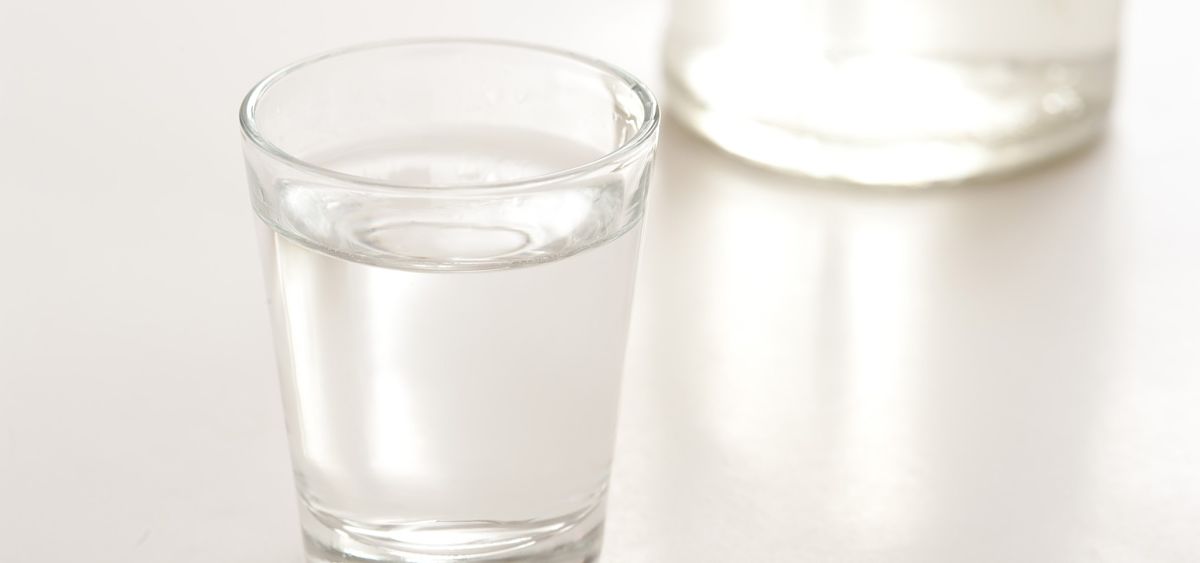Vodka: A Taste of Russian Identity

Since the Russians first came across vodka in the 14th century, it has become an infamous symbol of Russian identity. Rivaling other symbols such as the brown bear, vodka even has its own holiday dedicated to it, the day on which scientist Dmitry Mendeleyev presented his doctoral dissertation on the combination of water and alcohol. As legend has it, it was the publication of this paper that eventually inspired Tsar Nicholas II to ask Mendeleyev to create a standardised recipe for Russian vodka at the end of the 19th Century. Yet, the existence of a special day dedicated to the beverage is by no means to say that vodka is not appreciated by the Russian population every other day of the year, and the beverage has come to be a key feature of everyday Russian life and identity.
16th January 2019
Vodka is a symbol closely linked to Russian nationalism, a source of Russian pride. For example, an advertisement for the brand of vodka Stolichnaya depicts a Russian soldier. Defending one’s Motherland is the true essence of Russian muzhestvenost’ (manliness), and the association between the patriotic man and the patriotic drink does not go unnoticed. The relationship between Russian nationalism and the drink has even recently led Russian MP Mikhail Degtyaryov to argue that the government ought to copyright vodka. In an age of increasing contempt towards the West, Degytyaryov noted that given that Russia was the first country to produce the liquid, and the word ‘vodka’ has been borrowed from Russian, no other country should be allowed to use the word!
However, this symbol of pride and national identity is also the source of such despair for the Russian population. Alcohol-related deaths in some regions of Russia accounted for as many as 70 percent of deaths of men under 35 in 2017, according to Russia’s chief health official. The Russian government argues that such a high death toll is the result of counterfeit alcohol consumption, but the population disagrees. Whilst living in Russia, my lecturer told me “50% of Russian men are drunks, and 50% are lazy. You have to pick and choose.” It seems that alcoholism is an innate part of the Russian psyche, a way to cope with the depression of Russian life, embodied by the well-known Russian phrase nyet nekrasivich zhenshchin est’ malo vodki (there’s no such thing as ugly women, just not enough vodka). As Dmitry Bykov, a contemporary Russian author said, ‘without vodka, the vulnerable soul of a Russian and cruel reality would scratch each other, but alcohol helps Russians to deal with the world.’ A joke? Well, there is undeniably some basis to it.
Vodka is therefore a key symbol of Russian identity: both a defining patriotic symbol and destroyer of Russian culture. It is the symbol of Russian pride, a drink that is consumed by true Russian men at the dinner table, and a sign of their national identity. But it is also the downfall of the nation: a sign of the desperate need to escape Russian daily life, and with the increasing isolation and economic turmoil in Putin’s Russia, it doesn’t seem like the trend will be bucked in the near future.
16th January 2019

